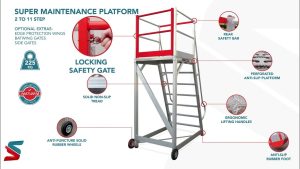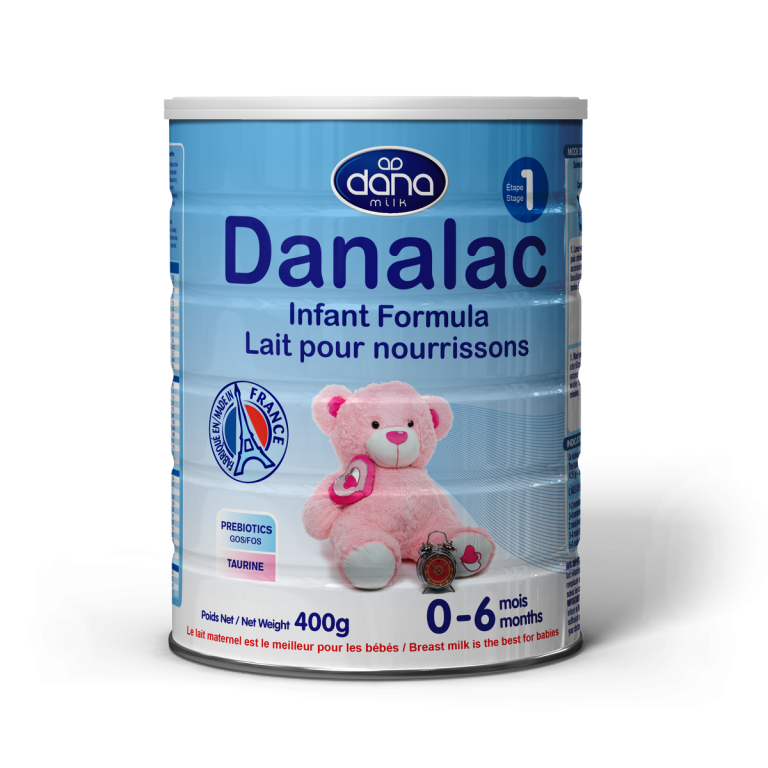As a parent, finding the right formula for your baby is one of the most important decisions you can make. For babies with food sensitivities or allergies, hypoallergenic formulas can offer a crucial solution. But what exactly is hypoallergenic formula, and how do you know if your baby needs it? In this article, we’ll explore what hypoallergenic formula is, how it can benefit babies with allergies, and how to determine if it’s the right choice for your little one.
Table of Contents
ToggleWhat is Hypoallergenic Formula?
Hypoallergenic formula is specially designed to be easier for babies with food allergies or sensitivities to digest. Unlike standard formulas, which can sometimes trigger allergic reactions, hypoallergenic formulas are made with proteins that have been broken down into smaller parts. This process makes them less likely to cause allergic reactions and helps reduce symptoms like colic, gas, and discomfort.
There are two main types of hypoallergenic formulas:
- Partially Hydrolyzed Formulas: These formulas have proteins that are broken down into smaller fragments. They are generally used for babies with mild allergies or sensitivities.
- Extensively Hydrolyzed Formulas: In these formulas, proteins are broken down further, making them suitable for babies with more severe allergies. They are often recommended for infants with a higher risk of allergic reactions.
Benefits of Hypoallergenic Formula
- Reduced Allergic Reactions
One of the primary benefits of hypoallergenic formulas is their ability to reduce allergic reactions. By breaking down the proteins into smaller pieces, these formulas minimize the likelihood of triggering an allergic response. If you’re searching for a formula for babies with allergies, hypoallergenic options are specifically designed to address this need. - Easier Digestion
Babies with food allergies often have sensitive digestive systems. Hypoallergenic formulas are formulated to be gentle on the stomach, helping to alleviate symptoms such as reflux, gas, and bloating. This can lead to a more comfortable feeding experience and better overall digestive health for babies with allergies. - Nutritional Support
Despite their special formulation, hypoallergenic formulas provide all the essential nutrients that your baby needs for healthy growth and development. This includes vitamins, minerals, proteins, and fats, ensuring that your baby receives balanced nutrition while avoiding allergens. - Support for Special Conditions
Some babies may have multiple food allergies or intolerances. In such cases, an amino acid-based hypoallergenic formula may be required. These formulas are designed for the most severe cases and ensure that babies with multiple allergies receive adequate nutrition without exposure to potential allergens.
Does Your Baby Need Hypoallergenic Formula?
Determining whether your baby needs a hypoallergenic formula involves considering several factors:
- Symptoms of Food Allergies
Common signs that a baby may have a food allergy include excessive crying, rashes, eczema, vomiting, diarrhea, or digestive issues. If your baby displays these symptoms and traditional formulas seem to exacerbate them, a hypoallergenic formula might be necessary. - Consultation with a Pediatrician
Before making any changes to your baby’s diet, it’s essential to consult with your pediatrician. They can help diagnose any potential allergies and recommend the appropriate hypoallergenic formula. Your pediatrician will also consider your baby’s specific needs and medical history to determine the best formula for babies with allergies. - Trial and Observation
Sometimes, it takes a trial period to determine if a hypoallergenic formula is the right choice. If you switch to a hypoallergenic formula and notice improvements in your baby’s symptoms, it may be an indication that this type of formula is beneficial. However, always follow your pediatrician’s guidance during this process.
Top Hypoallergenic Formulas to Consider
- Enfamil Nutramigen with Enflora LGG
This extensively hydrolyzed formula is designed for babies with cow’s milk protein allergy and includes probiotics to support digestive health. - Similac Alimentum
Known for its effectiveness in reducing allergy symptoms, this formula is free from lactose and suitable for severe milk protein allergies. - Gerber Extensive HA
An extensively hydrolyzed option that provides complete nutrition while being gentle on sensitive tummies. - Neocate Syneo Infant
An amino acid-based formula designed for the most severe allergies or multiple food sensitivities.
Conclusion
Hypoallergenic formula can play a significant role in managing food allergies and sensitivities in babies. By offering reduced risk of allergic reactions and improved digestive comfort, these formulas provide a valuable alternative for babies who struggle with standard formulas. If you suspect your baby may benefit from a hypoallergenic formula, consult your pediatrician to explore the best options for your baby’s specific needs. Whether you choose Enfamil Nutramigen, Similac Alimentum, Gerber Extensive HA, or Neocate Syneo Infant, you’ll be providing your baby with a formula designed to support their health and well-being.







